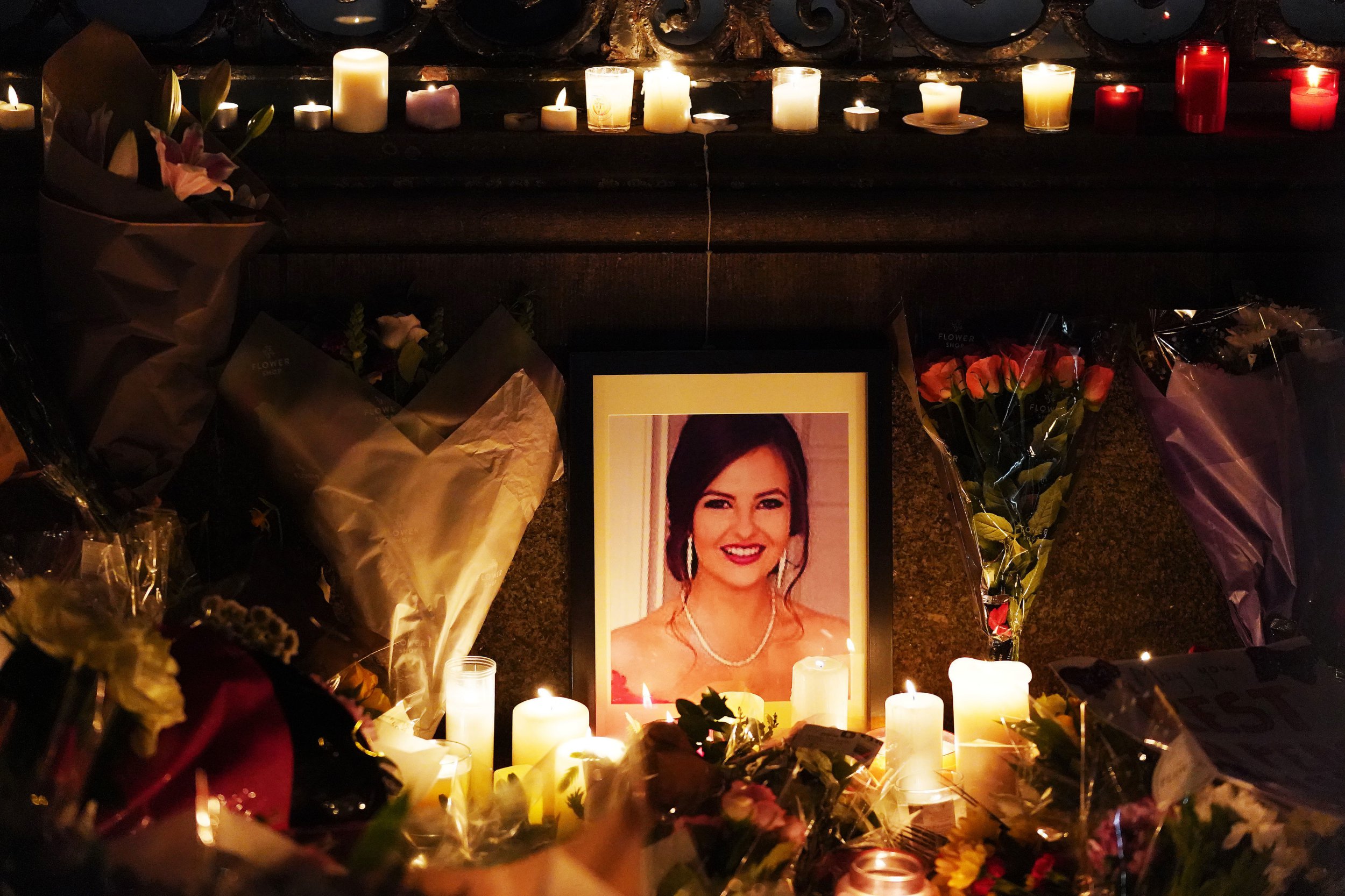
As a gay man and person of colour, I’m mortified by times I’ve failed to recognise misogyny, says Leo Varadkar
IRELAND has made great strides in tackling gender inequality in recent years, but there’s lots more to do.
A recent survey found that 93 per cent of women said they feel vulnerable because of their gender.
And Women’s Aid have reported that 244 women have died violently since 1996.
Some 152 of these were killed in their own homes and 87 per cent died at the hands of a man who was known to them.
That’s why the Irish Sun together with our radio partners at the Wireless group radio stations are joining together to say: Enough is enough.
Today, Tanaiste LEO VARADKAR throws his support behind our campaign and explains why it is essential that we move to introduce a zero-tolerance policy on male violence against women.
However, the Fine Gael leader says we also need to work on other inequalities like everyday misogyny and to rebalance the gender pay gap.
Most read in The Irish Sun
By Tanaiste Leo Varadkar
THE death of Ashling Murphy was a watershed moment. On that tragic day the country stood still.
We all took a moment to reflect on the horror of what had happened to this brilliant young woman, whose life was full of promise and who gave happiness to so many others.
It also — again — brought into sharp focus the recent murders of other women – Marioara Rostas, Urantsetseg Tserendorj, Jastine Valdez. The horrifying truth is that there are many, many others.
Most men are not violent towards women, but when a woman is a victim of violence, the perpetrator is almost always male. How can we live in a society where such horrors are perpetrated?
The truth, of course, almost always comes back to how women are treated in general, and how they have been treated over the centuries. In other words, to misogyny.
Whether we care to admit it or not, almost all men are capable of misogyny. We are a product of the society we live in, how we were brought up and how the other men around us behave.
Sometimes, it’s just the ‘little things’ — sexist jokes, assumptions about gender roles at home or at work, leaving women out when decisions are being made, gendered language or tokenism. Those little things add up to big things — a culture of sexism.
So, we have to change and men do especially. By making changes in our daily lives, we can make Ireland, and the world, a better and safer place to be a woman.
It means saying stop when women are interrupted or overlooked in conversations.
It means changing our behaviour online. It means focusing on what women have achieved, rather than how they look. And we cannot tolerate blatantly sexist humour.
Above all, it means trying to see the world from the viewpoint of women and girls.
I know from talking to my friends, my sisters and women I work with, how bad things can be, and the barriers that still exist. I also know that many times I don’t see them unless they are pointed out to me by the women in my life.
When they do, I feel mortified that it wasn’t obvious to me. But as a gay man and a person of colour, I can understand how they feel and also why people can lack awareness or insight without being malicious or even realising it.
The governments in which I have served have worked tirelessly to improve conditions and rights for women. We have increased resources, provided extra staff and new money for the Gardai so they can set up Special Victims Units in every division.
Justice Minister Helen McEntee has vowed a zero-tolerance approach to violence against women in a new strategy to tackle gender-based violence, and will ensure that anyone who needs a space in a refuge will get one.
The gender pay gap is unjustified. Many women effectively work for free in the last month of any year.
Closing the gender pay gap was a priority — and allowed us to pass a new law which requires firms to publish details of salaries for men and women. That law is in place and the gap is narrowing.
I launched the ‘Balance for Better Business’ to increase the number of women at the top levels of business. We are making progress and are ahead of our targets.
Fine Gael has worked to increase the number of women in politics. We introduced gender quotas for the Dail to ensure that all parties ran at least 30 per cent women candidates in general elections, plus incentives to run more women on city and county councils.
We have more female councillors than any other party Of the six people I appointed to Cabinet, three are women and I used my four Seanad nominations to increase the number of women in Leinster House. But it’s not enough.
Until we reach parity, 50-50 or very close to it, our democracy is unfinished. So this year we will have a series of initiatives to encourage women to get more involved in politics. In the next election, at least 40 per cent of our candidates will be female.
Read more on the Irish Sun
This generation of women should be the last to feel discriminated against, objectified, overlooked for promotion, expected to fulfil a disproportionate share of caring responsibilities or paid less than their male peers for the same work.
Not everyone has grasped the message yet. It’s up to every single one of us to make the change.










